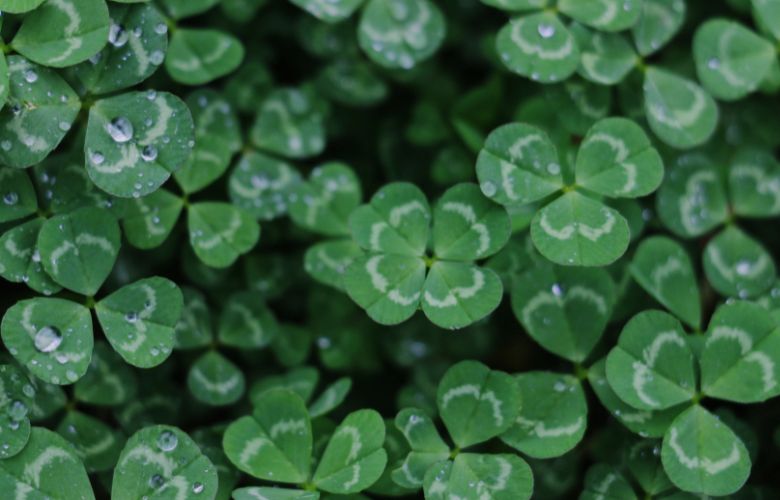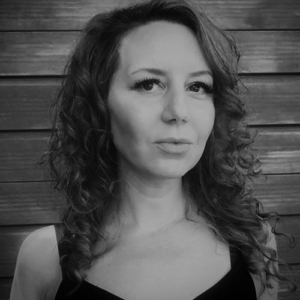
The Irish government has begun delivering basic income for artists in Ireland. Following the devastating effects to many during and following the pandemic, the emerald isle is attempting to recover the culture industry by helping artists.
The plans were announced by the Irish government back in January of 2022, and has now been implemented in September 2022. The funding has been awarded to 2,000 artists, musicians, writers and performers, in the form of a weekly income of €325 (£280) paid monthly, with reports of €25m (£22m) set aside for the scheme. Setup by Catherine Martin, the Irish Minister for Tourism, Culture, Arts, Gaeltacht, Sports and Media, Ms. Martin explained:
“Today is an historic day for the arts in Ireland and a significant change to the way Ireland recognises and supports her artists. The Basic Income for the Arts pilot scheme is a once-in-a-generation initiative. It makes a strong statement about the value Ireland places on the arts and artistic practice, both for its intrinsic value and in terms of our personal and collective wellbeing, and also in terms of its importance to our identity and cultural distinctiveness on the global stage.”
Of the 2,000 of those who applied, musicians and artists who made up the bulk of those awarded the basic income at random, and over 9,000 artists applied in total. The scheme is set to run for three years at the time of writing. Additionally, those awarded the help may also be able to claim social welfare as well as earnings from employment and work. The beneficiaries will also be partaking in data collection that will follow the impact of the financial aid.
Key points of the scheme
Overall, BIA aims to:
– Details of time spent on various activities including creative practice, working in the arts, work in other sectors, training, professional development, leisure time;
– Income earned from the arts and other sectors including household income;
– Demographic data, for example: age, gender, ethnicity, disability status, art form, geographic location;
– Wellbeing indicators
Accessibility At The Smith Center Series: Part One
James “Fitz” FitzSimmons Interview: The Boys In The Band On Netflix


Michelle is a musician and composer from the UK. She has performed across the UK and Europe and is passionate about arts education and opportunities for women and girls.
Read Full Profile© 2021 TheatreArtLife. All rights reserved.

Thank you so much for reading, but you have now reached your free article limit for this month.
Our contributors are currently writing more articles for you to enjoy.
To keep reading, all you have to do is become a subscriber and then you can read unlimited articles anytime.
Your investment will help us continue to ignite connections across the globe in live entertainment and build this community for industry professionals.